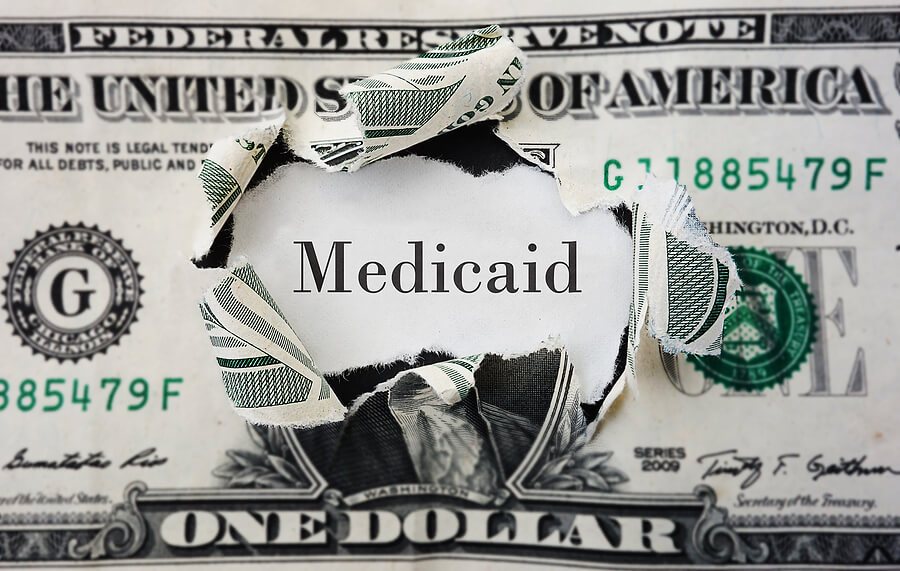Suppose you were injured due to another person’s negligence and your medical expenses were paid in whole or part by Medicaid. In that case, the state has a legal right to recover the funds it spends on your care from a personal injury settlement or award. In a case involving a Florida teen catastrophically injured more than a decade ago, the United States Supreme Court has ruled that state Medicaid programs can recover the amounts paid from settlement funds reserved for future medical expenses.
In 2008, a truck struck 13-year-old Gianinna Gallardo, leaving her in a persistent vegetative state. The state’s Medicaid agency provided $862,688.77 in medical payments on Gallardo’s behalf. Her parents sued the parties responsible, and the case eventually settled for $800,000, of which about $35,000 represented payment for past medical expenses. The settlement also included funds for Gallardo’s future medical expenses, lost wages, and other damages.
The state Medicaid agency claimed it was entitled to more than $300,000 in medical payments from this settlement, including money specifically allocated for Gianinna’s future medical expenses.
Gianinna’s parents then sued the agency in federal court, arguing that Florida should be able to recover monies only from that portion of the settlement allocated for past medical expenses in accord with a prior Supreme Court ruling.
A U.S. District Court ruled for Gianinna, and the Medicaid agency appealed. The Court of Appeals reversed the lower court’s decision. Ultimately, the Supreme Court agreed to hear the case
In a 7-2 decision, the Supreme Court agreed that Florida could recover from the proceeds allocated to Gianinna’s past and future medical care. Justice Clarence Thomas, who wrote the majority opinion, noted that Medicaid law “distinguishes only between medical and non-medical care, not between past (paid) medical care payments and future (un-paid) medical care payments.”
Justices Sonia Sotomayor and Stephen Breyer dissented. They argued that accepting Medicaid shouldn’t leave a beneficiary indebted to the state for future care that may or may not be necessary.
If you or a family member are receiving care through Medicaid and expect a settlement, it would be wise to contact our office and learn if Medicaid will zero in on you or your estate for past, present, and future medical expenses.



